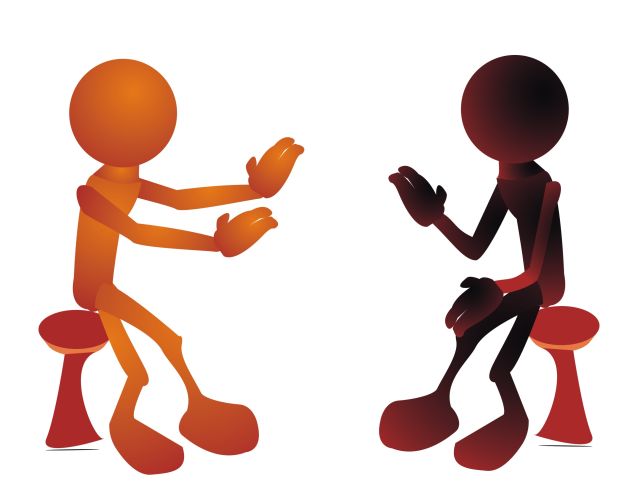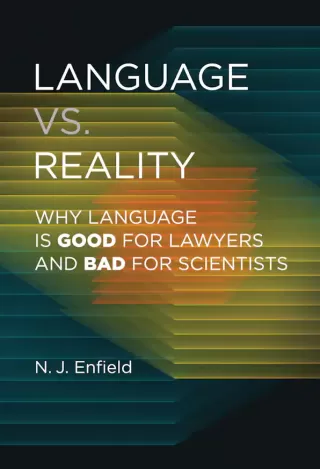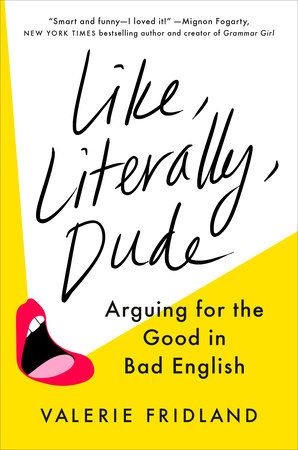Body Language
These Books Will Change How You Think About Language
New perspectives on communication and language change.
Posted June 7, 2023 Reviewed by Jessica Schrader
Key points
- Is the point of language to inform, or to persuade?
- Using language is like playing charades.
- English keeps changing—and that's a good thing.

Three recent books about language and communication, intended for a general audience, are well worth your time. They address perennial issues about the nature of language and language change with fresh perspectives and insights.

Language vs. Reality: Why Language is Good for Lawyers and Bad for Scientists. N. J. Enfield (MIT Press, 2022)
What is language for? A traditional answer to this question is that language evolved to transmit ideas from one mind to another. But Nick Enfield, a professor of linguistics at the University of Sydney, argues for something quite different. The primary purpose of language, he asserts, is to persuade rather than to inform.
Enfield makes the case that human languages aren’t very good vehicles for creating objective descriptions of reality. Instead, language seems to be optimized for social functions, such as creating group cohesion, the wooing of others, and telling stories. Enfield’s book is an extended reflection on this provocative idea, and he marshals an impressive array of evidence in support of his thesis.

The Language Game: How Improvisation Created Language and Changed the World. Morten H. Christiansen and Nick Chater (Basic Books, 2023)
What is language like? Early in their book, psychology professors Morten Christiansen (Cornell University) and Nick Chater (Warwick Business School) compare language use to playing charades. This may seem like a strange analogy, since charades doesn’t allow the use of spoken words. Instead, players use their bodies, their faces, and a variety of gestures to get their meaning across. It’s all very improvisational—and this, the authors maintain, is exactly how it resembles spoken language.
A great deal of our verbal behavior has that same just-in-time, good-enough-for present-purposes feel to it. Much of what we say is ramshackle and shambolic—and yet we are still able to communicate effectively. As with Chater’s book, the emphasis is on the social functions of language, and the language-as-charades comparison turns out to be a surprisingly deep and fruitful one.

Like, Literally, Dude: Arguing for the Good in Bad English. Valerie Fridland (Viking, 2023)
Why does language change? Valerie Fridland, a linguistics professor at the University of Nevada, Reno, takes on some of the most despised verbal tics of modern English—and then reveals the fascinating and surprisingly deep backstories behind words such as gonna, awesome, and like.
Fridland handily disposes of the pervasive myth that the present-day language has devolved from some purer state: as it turns out, English speakers have been complaining about the corruption of their language for centuries. And when viewed from a multi-generational perspective instead of a single lifetime, it becomes clear that change is an inevitable part of how languages grow, evolve, and accommodate themselves to their speakers. The author is a gifted storyteller, and her enthusiasm for the book’s subject matter is infectious.


